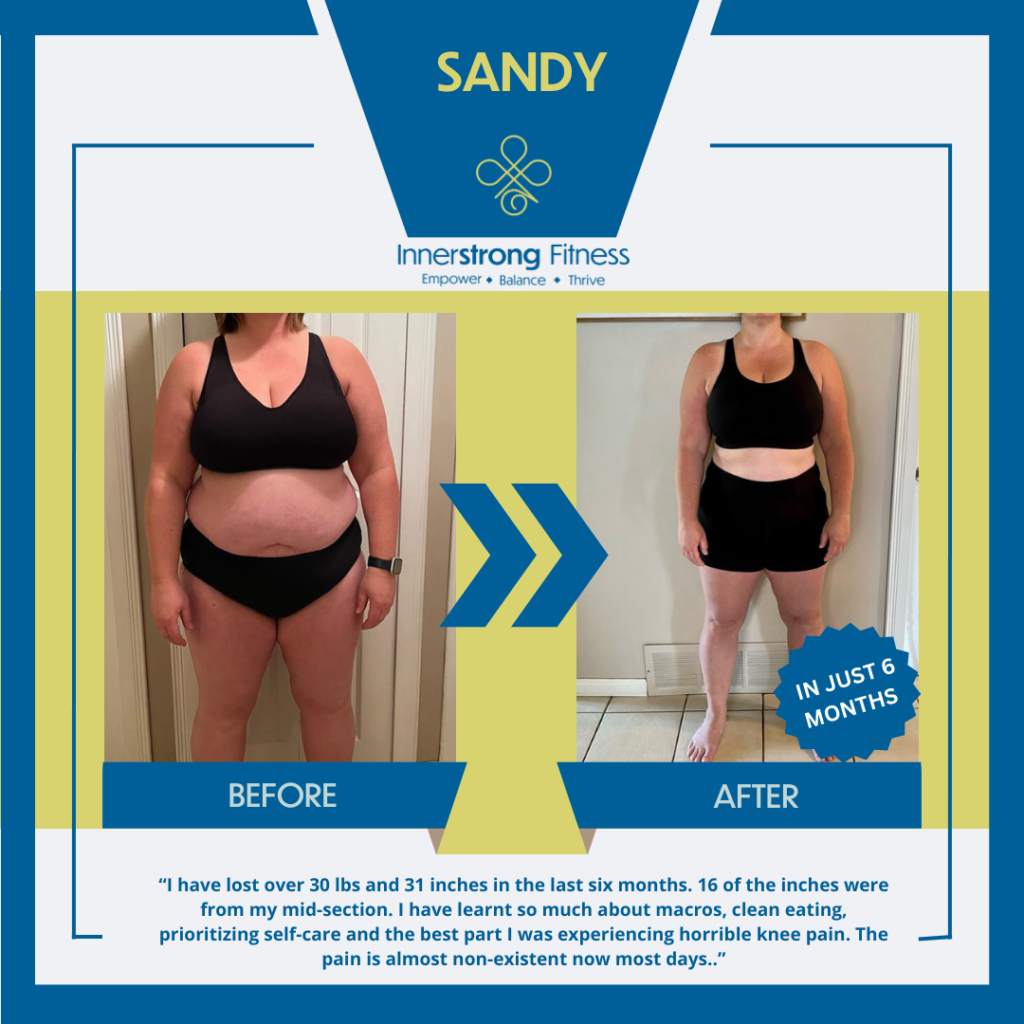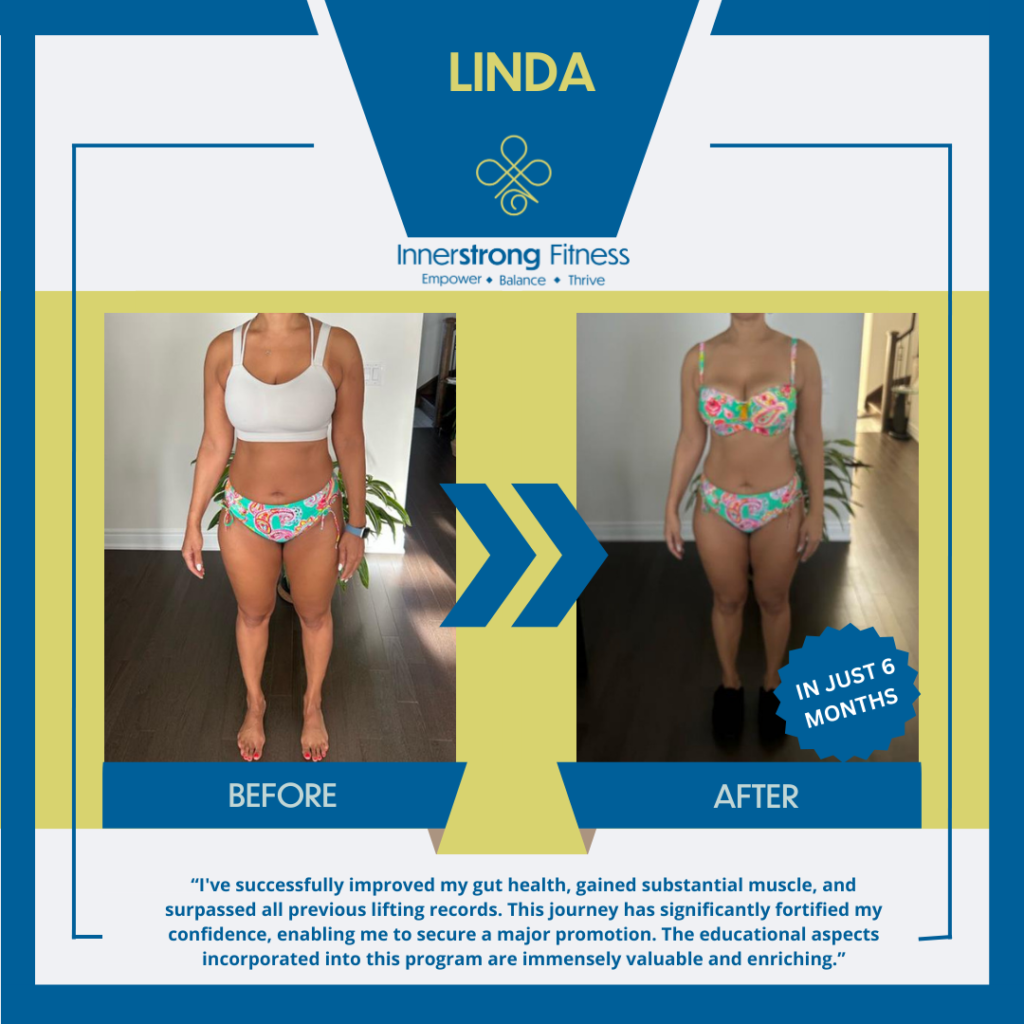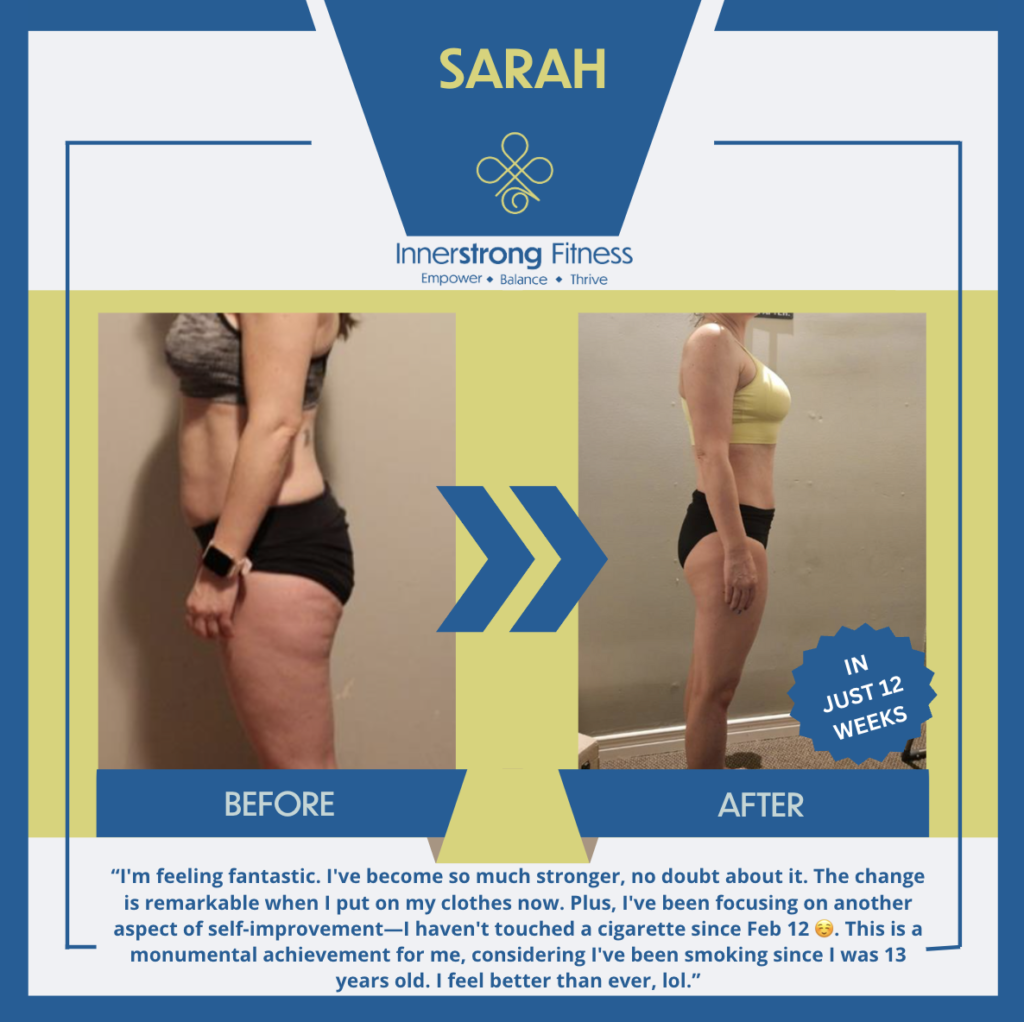Cognitive behavioral therapy (or CBT for short) is considered one of the most impactful types of therapy offered by psychologists and psychiatrists who treat people looking to improve their mindsets and mental health.
While working with a professionally trained CBT therapist is highly recommended if you have any serious or previously diagnosed mental health issues, such as depression or severe anxiety, you can also practice CBT on your own (called “self-directed CBT“).
In fact, the American Psychological Association explains: “CBT places an emphasis on helping individuals learn to be their own therapists. Through exercises in sessions as well as “homework” exercises outside of sessions, patients/clients are helped to develop coping skills, whereby they can learn to change their own thinking, problematic emotions, and behaviors.”
What Is Cognitive Behavioral Therapy (CBT)?
Cognitive behavioral therapy is a popular type of psychotherapy, which is also called “talk therapy.”
It’s been shown to help people dealing with a range of mental health challenges and disorders, including: anxiety, depression, panic attacks, phobias, PTSD, substance abuse disorders, and eating disorders.
CBT works by changing unproductive and damaging thought patterns. The underlying principle of CBT is that thoughts lead to behaviors, then actions, then results and consequences (whether good or bad).
So in order to change someone’s behavior and their life for the better, their thoughts first need to be addressed and improved.
What Are The Benefits of CBT?
CBT is useful for breaking patterns of thoughts and behaviors that can take a toll on someone’s quality of life. For example, if someone often has thoughts about being worthless, unattractive, and stupid, then they are not very likely to have success in their career or relationships due to issues like insecurity and jealousy.
But if the same person can learn to reframe their thoughts — for instance, by improving their self-esteem and comparing themself to others less — they can gain more confidence and take advantage of positive opportunities in life much more easily.
Research shows that the benefits of CBT can include:
- Gaining coping skills to better deal with life’s challenges.
- Improving communication skills, handling conflict better, and enhancing relationship quality.
- Relieving symptoms of anxiety, depression, and other mood-related issues.
- Learning to better calm one’s body and mind when under stress or following trauma.
- Developing a greater sense of confidence, which can lead to a more positive and proactive mindset.
4 Ways To Practice Cognitive Behavioral Therapy At Home
The great news is that even if you don’t have access to treatment with a licensed CBT therapist, you can essentially “be your own therapist” and use CBT skills at home to improve your well-being. Here’s how to start:
- Recognize Distortions In Your Thinking
A distortion is any thought that is misleading and not based on reality.
No matter how intelligent someone is, they still deal with some “blind spots” and misunderstandings in terms of their thinking.
Distorted thoughts can be destructive because they have the power to lower your self-esteem, make you jealous of others, and to increase conflict and stress.
The way out of this dilemma is to reevaluate your thoughts in order to be more realistic. The goal is to examine your reoccurring thoughts to determine if they are accurate or not. For example, you might worry that you’re going to lose your job or never get married, but if you really examine these thoughts and look for evidence, there may realize these are unlikely to be true.
- Replace Unhelpful Thoughts With Empowering Ones
To change your thought patterns, experts suggest first writing down harmful and negative thoughts, or unrealistic worries, that you commonly deal with. Then, you can come up with better and more realistic replacements for these thoughts.
To help you record negative thoughts, use methods such as free-style journaling or meditation. Pay attention to whatever thoughts come up, elaborate on them, and write them down, so you have a record. Finally, create affirmations and words of encouragement that you can repeat to yourself regularly in the place of destructive thoughts.
- Take Small Steps To Face Your Fears
Many people are held back by stress, self-doubt, and insecurities. In severe cases, this can lead to phobias and deep-seated fears that interfere with one’s social and work life.
Overcoming fears can take time, but one way to gradually tackle them is to build up your exposure to whatever you fear.
Begin by writing down a fear about something you think you can’t handle, such as speaking in public or starting your own business. Then write down all the steps you’d need to take to face your fear. Begin to slowly inch your way up this list, exposing yourself to challenging situations as you step outside of your comfort zone. This will help build your confidence and show you that you’re more capable than you think.
- Improve How You Cope With Stress
Stress can make it hard to think clearly and make good decisions. This is why it’s imperative that you create a lifestyle that manages stress. Some ways to do this include:
- Scheduling fun and relaxing activities into your week.
- Trying practices like mediation, yoga, and deep breathing exercises.
- Exercising to boost your energy and confidence.
- Getting enough sleep each night to avoid moodiness.
- Eating a healthy diet that gives you fuel to be productive.
- Seeking support from close relationships with people you admire and trust.











